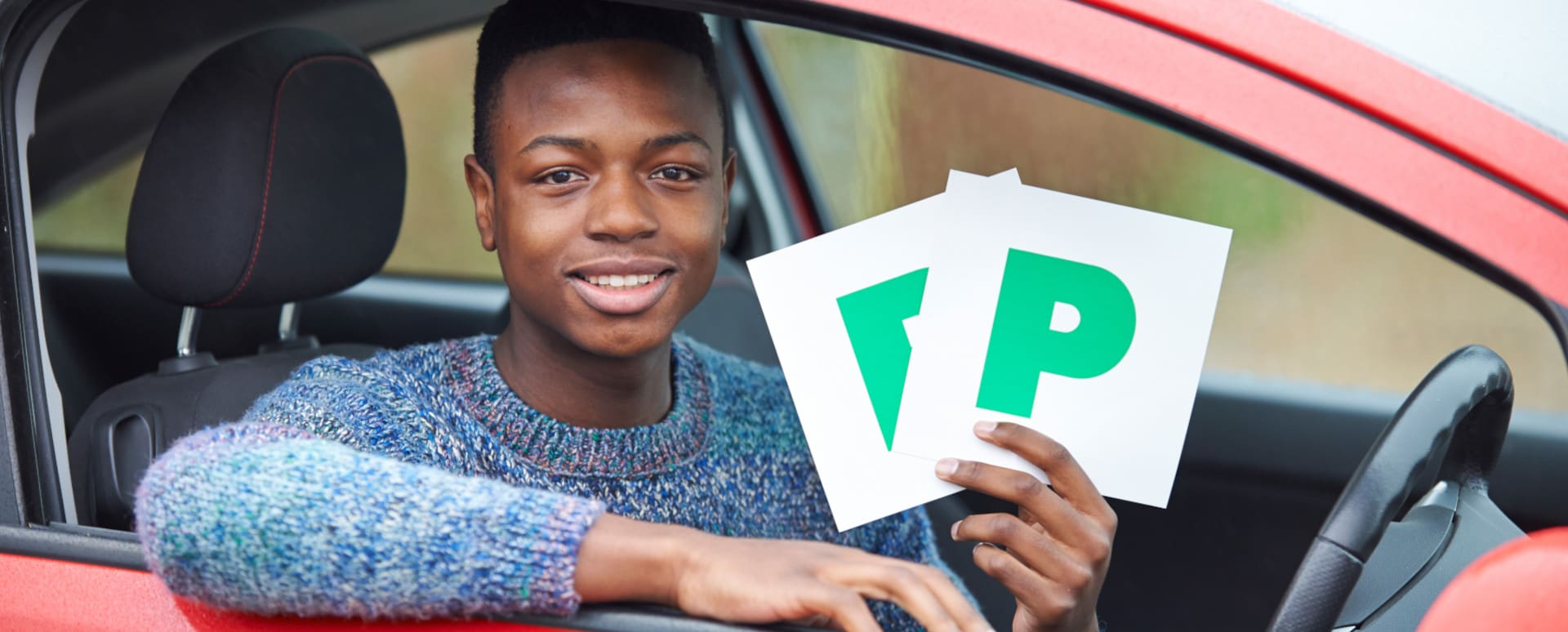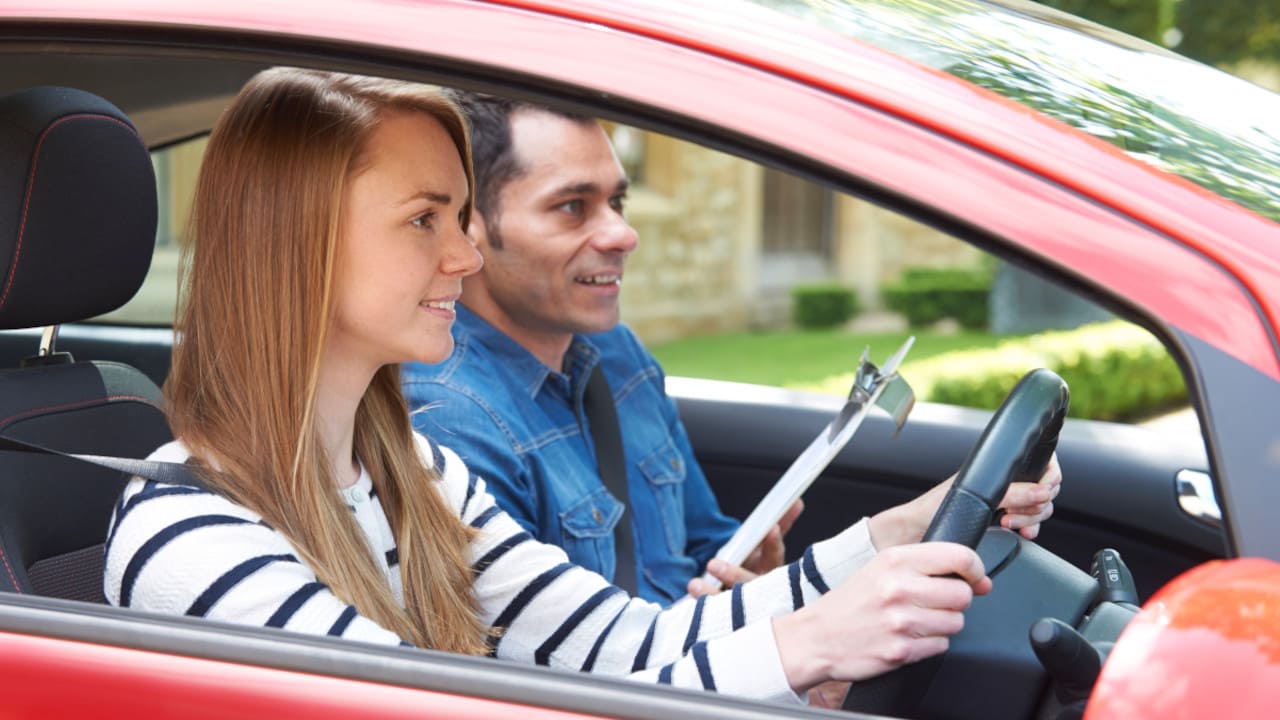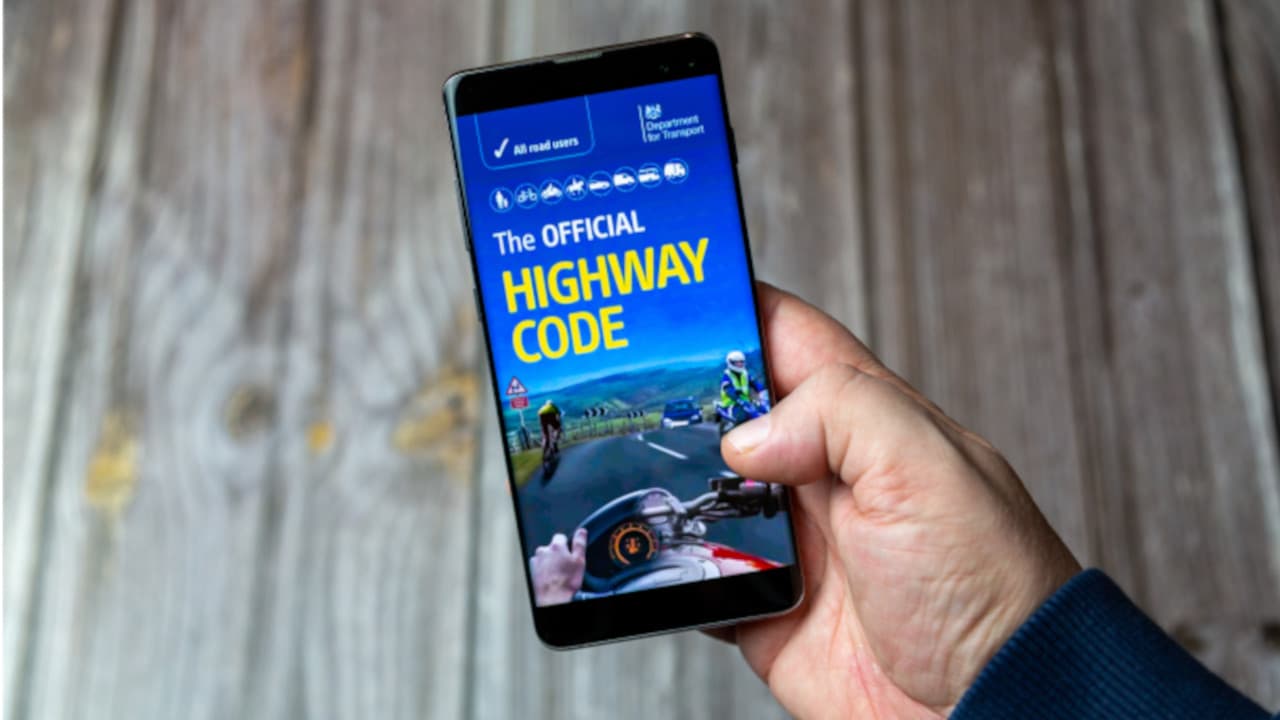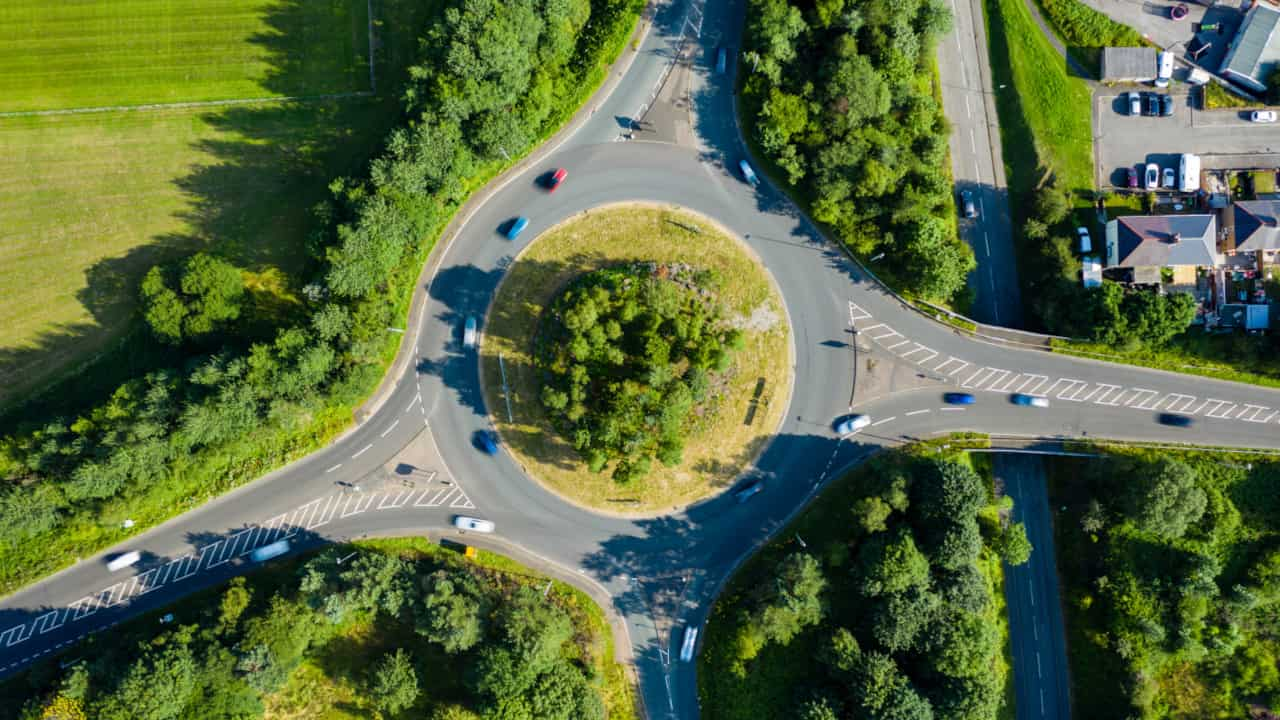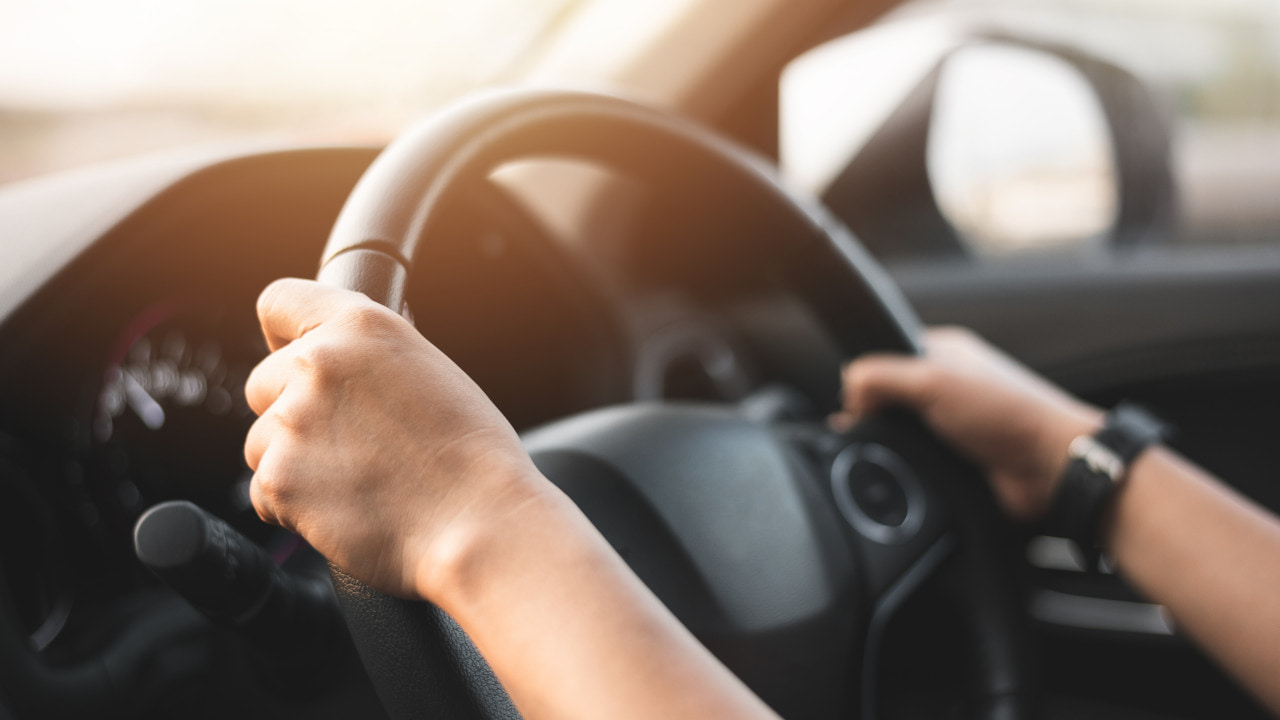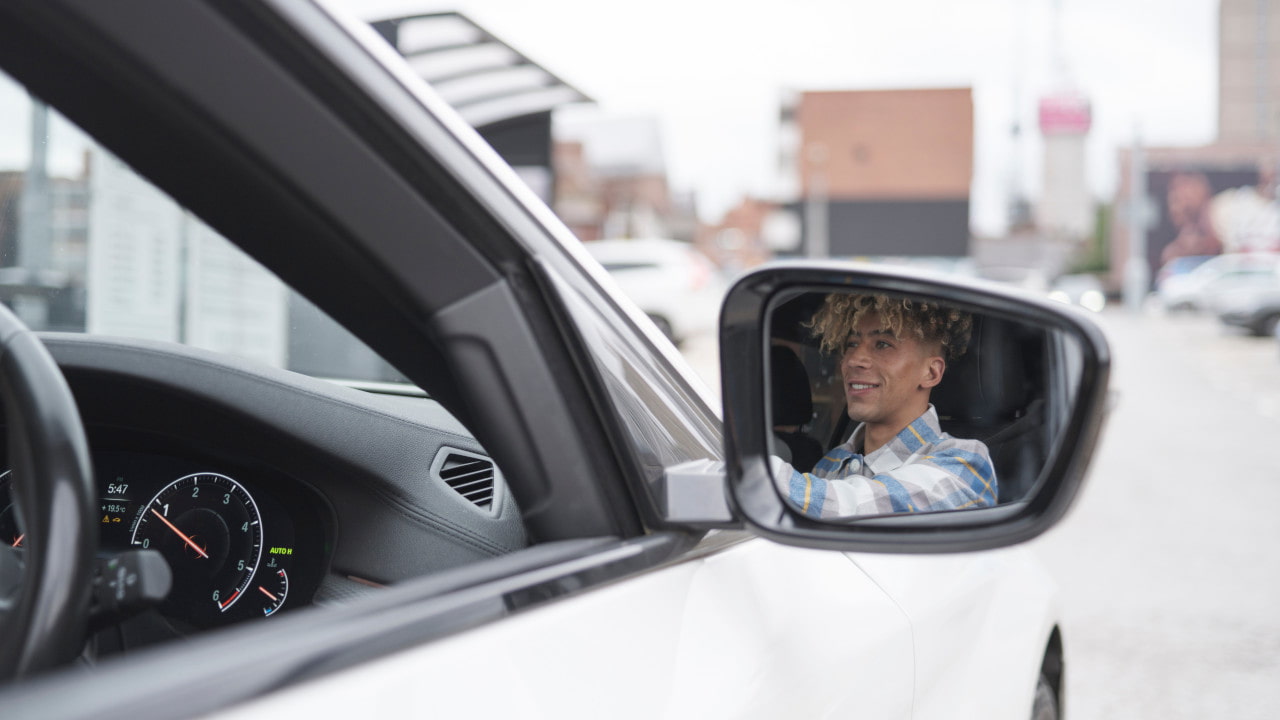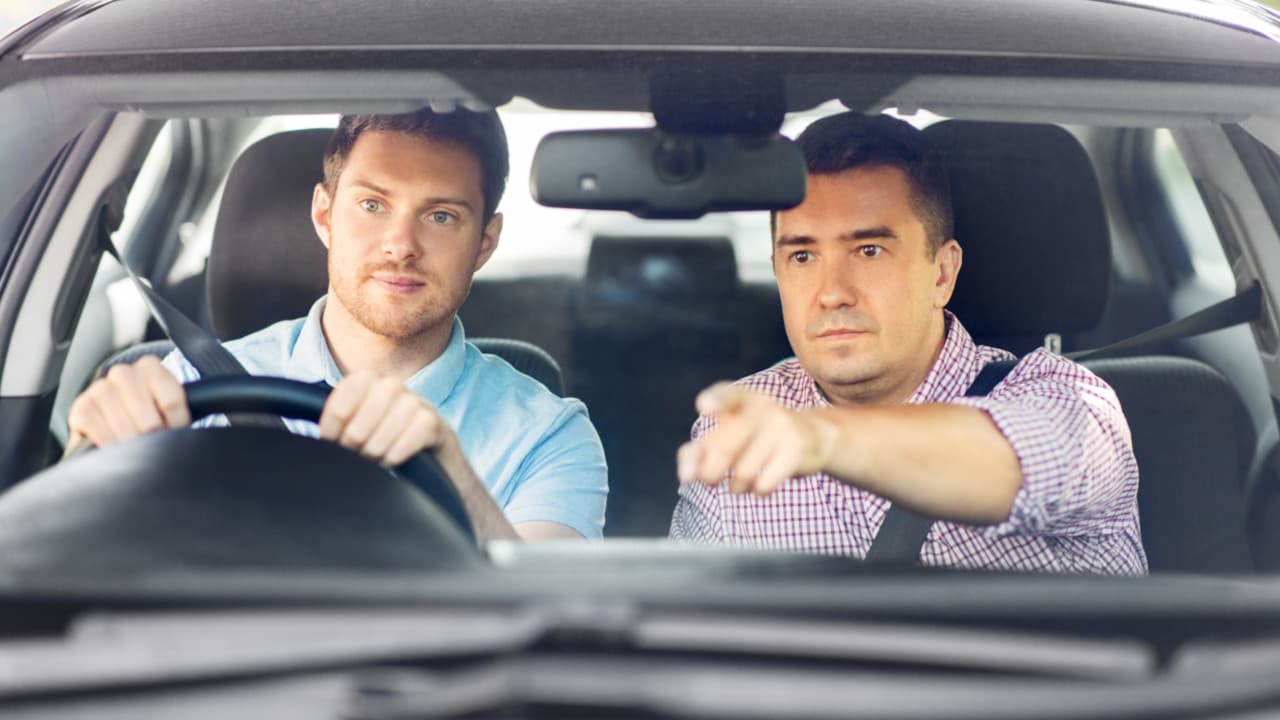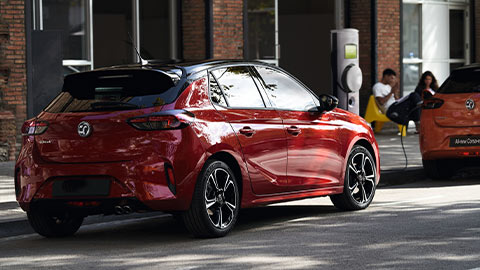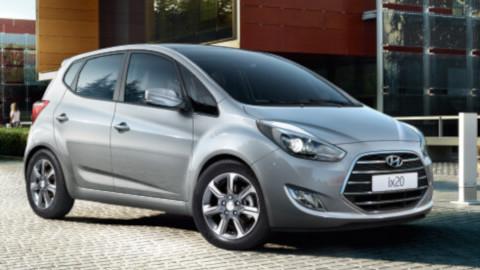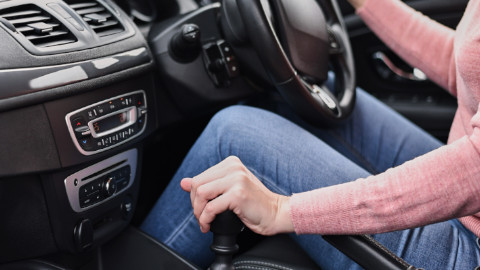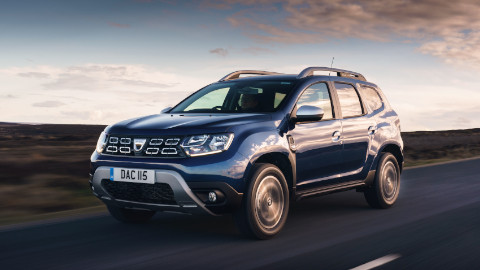How To Pass Your Practical Driving Test
23rd Nov 2023
By Ellie Brown
How to pass your driving test first time
If you've passed your theory test and are now unsure of where to start when it comes to preparing for your practical driving tests, you're not alone. For many learners, taking a practical driving test is a nerve-racking experience.
Learning to drive is much more than just getting behind the wheel. There are no hidden secrets to your driving tests, but understanding the rules of the road is crucial in keeping yourself and other road users safe.
In this guide, we'll walk you through the essential steps and tips to help you confidently pass your practical driving test first time.
- Have regular driving lessons
- Understand what to expect from a driving test
- Learn your test routes
- Have a driving lesson beforehand
- Check your mirrors
- Don't panic
- Frequently asked questions
Have regular driving lessons
There are no minimum number of driving lessons you must have before taking your practical test, however, the DVSA recommends around 45 hours of in-car learning to pupils having driving lessons.
Your instructor will let you know when they think you're ready to book your test. Remember not to panic at this stage, your instructor wouldn't advise you to go for it if they didn't think you were test-ready.
Practising between lessons with a friend or a family member can also help you improve on your general driving between lessons. Buying your first car before taking your test will help you to perfect your skills, so you're completely prepared for the big day.
Don't forget to brush up on your theory test. Revising any recent changes to the Highway Code could be the difference between passing and failing your practical test.
Understand what to expect from a driving test
Be certain to make sure you know exactly what to expect from a practical driving test. The last thing you need is any big surprises halfway through your test.
Here's everything you need to know about the structure of your test:
- Eyesight check
- Show me, tell me questions
- Reversing manoeuvres
- Following directions from a sat nav
- Independent driving
Don't forget to bring your provisional licence and theory test pass certificate to the test. Failure to present these documents may result in a full cancellation (and no refund).
Learn your test routes
A key part of planning ahead is learning your test routes. Mock tests are a great way of developing under pressure and familiarising yourself with test routes.
Having a good idea of where the examiner may take you on your test will take away that fear of the unknown and boost your confidence.
Have driving lesson beforehand
Before heading to your practical driving test, consider scheduling a last-minute driving lesson. This session serves as a valuable opportunity to fine-tune your skills, simulate test conditions, and receive constructive feedback from your instructor.
Addressing any lingering nerves, reviewing test procedures, and boosting your confidence, this pre-test lesson can significantly enhance your readiness for the challenges ahead.
It's not just about additional practice; it's a strategic move to ensure you approach the test centre with both the skills and mindset needed to pass your practical driving test with flying colours.
Check Your Mirrors
An important aspect of safe driving and a key element examiners assess is your consistent use of mirrors. Throughout your practical driving test, make it a habit to regularly check your mirrors.
Demonstrating vigilance in monitoring the rearview and side mirrors enhances your awareness of surrounding traffic, minimises blind spots, and allows you to anticipate potential hazards.
Effective mirror checks are not only a safety requirement but also convey your commitment to responsible driving. Whether changing lanes, making turns, or responding to traffic signals, a quick glance in the mirrors keeps you informed and in control.
Don't Panic
Staying calm is easier said than done. You're more than likely going to be anxious, but it's useful to note that making a small mistake on your driving test is probably not the be-all and end-all. If you find yourself making an error during your test, don't just assume it's game over, you're allowed 15 minors before you fail.
If you go the wrong way, just breathe through it and continue on. Your examiner will help you get back on your route. Remember, you're not being tested on your sense of direction, but your ability to drive safely and competently at all times.
Finally, if in doubt, just ask. If you mishear an instruction during your test, or just need some clarification, simply ask the examiner to repeat it. Don't feel embarrassed to ask questions, it shows a good use of initiative in challenging situations.
Frequently Asked Questions
Booking a practical driving test in the UK can be done online through the official gov website or by calling the designated phone number. Ensure you have a valid provisional driving licence and be prepared to provide personal details and information about your instructor if applicable.
The average duration of a driving test in the UK is approximately 40 minutes. This includes the eyesight check, vehicle safety questions, practical driving assessment, and, if time allows, one of the designated manoeuvres.
On the day of your practical driving test, it's crucial to bring your provisional driving licence. If you have an old-style paper licence, you must also bring a valid passport. Failure to bring the required documents may result in the cancellation of your test, and you may lose your fee.
Failing the driving test can be disappointing, but it's important to use the experience as a learning opportunity. Review the feedback provided by the examiner, identify areas for improvement, and consider scheduling additional lessons. You can rebook the test when you feel ready.
After you've passed your test
Once you have passed, you can say 'adios' to your provisional licence and upgrade to a full licence. Your examiner will send your details to the DVLA, so an upgraded licence will be sent to you by post.
Driving is an ongoing learning experience, and if you still feel like you could do with more confidence on the road, your driving lessons don't need to stop there. Your instructor will more than likely offer lessons to help you continue to improve your driving skills.
See our list of top 10 used cars for first-time drivers if you’ve just passed or are on your way to full licence ownership.

